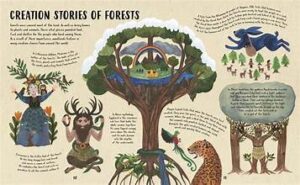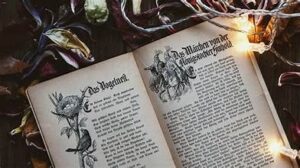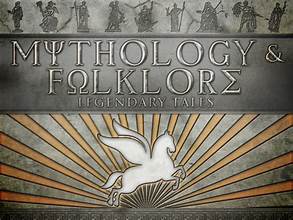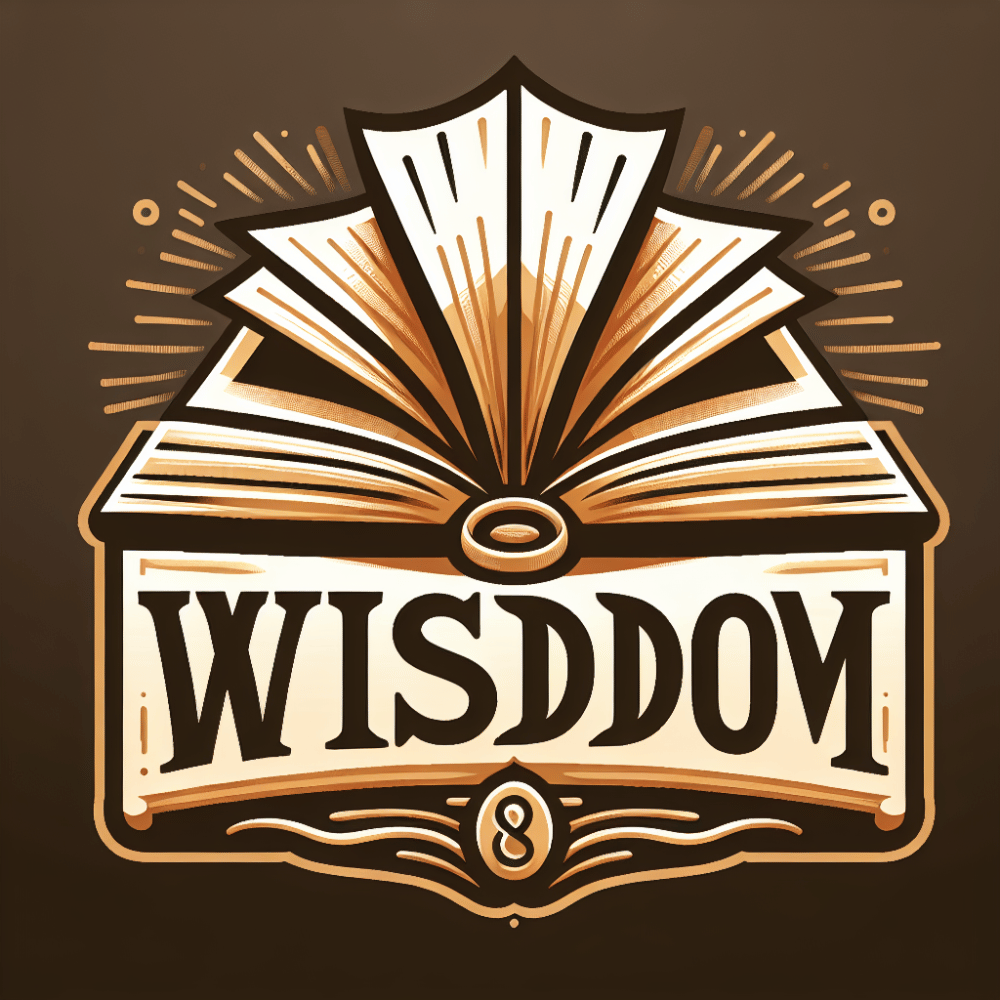
Introduction
In an era dominated by rapid technological advancements and modern storytelling, ancient folklore remains a vital thread in the tapestry of human culture. These timeless stories, passed down through generations, are more than just quaint relics of the past. They embody profound wisdom that continues to influence and shape contemporary culture. This article delves into how ancient folklore imparts timeless wisdom and its enduring impact on modern society.
1. The Essence of Folklore
Folklore encompasses traditional beliefs, myths, legends, and practices that are passed down orally or through storytelling. These narratives often reflect the values, fears, and hopes of a community. From the mythological epics of Ancient Greece to Native American legends, folklore serves as a cultural repository of shared experiences and collective wisdom.
2. Timeless Lessons Embedded in Folklore
Despite their ancient origins, many folktales carry lessons that remain relevant today. For instance:
- Moral Values: Many folktales, such as Aesop’s Fables, convey moral lessons that are universally applicable. Stories like “The Tortoise and the Hare” teach values such as perseverance and humility.
- Cultural Identity: Folklore often reinforces cultural identity by preserving language, customs, and historical narratives. For example, the tales of King Arthur and the Knights of the Round Table are integral to British cultural heritage.
- Social Norms: Ancient stories frequently reflect the social norms and ethical standards of their times. The Chinese legend of Confucius emphasizes the importance of virtue and proper behavior.
3. The Influence of Folklore on Modern Culture
Folklore’s influence extends beyond mere storytelling and manifests in various aspects of modern culture:
- Literature and Media: Many contemporary authors and filmmakers draw inspiration from folklore. J.K. Rowling’s “Harry Potter” series, for instance, incorporates elements from various mythologies and folklore traditions. Similarly, movies like Disney’s “Mulan” and “Moana” adapt traditional tales to resonate with today’s audiences.
- Cultural Festivals: Traditional festivals and celebrations often have roots in folklore. Celebrations like Halloween and the Day of the Dead are infused with customs and stories from ancient traditions.
- Language and Expressions: Folk sayings and idioms, such as “don’t count your chickens before they hatch,” are embedded in everyday language. These expressions reflect the wisdom of past generations and continue to influence communication.
4. Preserving Folklore in a Digital Age
The digital age poses both challenges and opportunities for preserving folklore. On one hand, the internet allows for the widespread dissemination and preservation of folktales through online archives, blogs, and digital storytelling platforms. On the other hand, there is a risk of commercialization and misrepresentation of traditional stories.
Efforts to preserve folklore include digitizing oral histories, creating virtual museums, and promoting educational programs that highlight the significance of these narratives. Organizations and cultural institutions play a crucial role in safeguarding folklore for future generations.
5. The Future of Folklore and Cultural Wisdom
As society continues to evolve, the relevance of folklore persists. The timeless wisdom embedded in these stories provides valuable insights into human nature and societal values. By exploring and understanding folklore, we gain a deeper appreciation for the shared heritage that connects us all.
In a rapidly changing world, ancient stories offer stability and continuity. They remind us of the universal truths and moral principles that transcend time and place. Embracing and celebrating folklore allows us to honor our past while navigating the future with greater wisdom.
Conclusion
Ancient folklore is not just a collection of old tales but a treasure trove of timeless wisdom that continues to shape modern culture. Through its influence on literature, media, and daily life, folklore provides valuable lessons and insights that remain relevant across generations. By preserving and exploring these stories, we connect with our cultural heritage and gain a greater understanding of ourselves and our place in the world.

